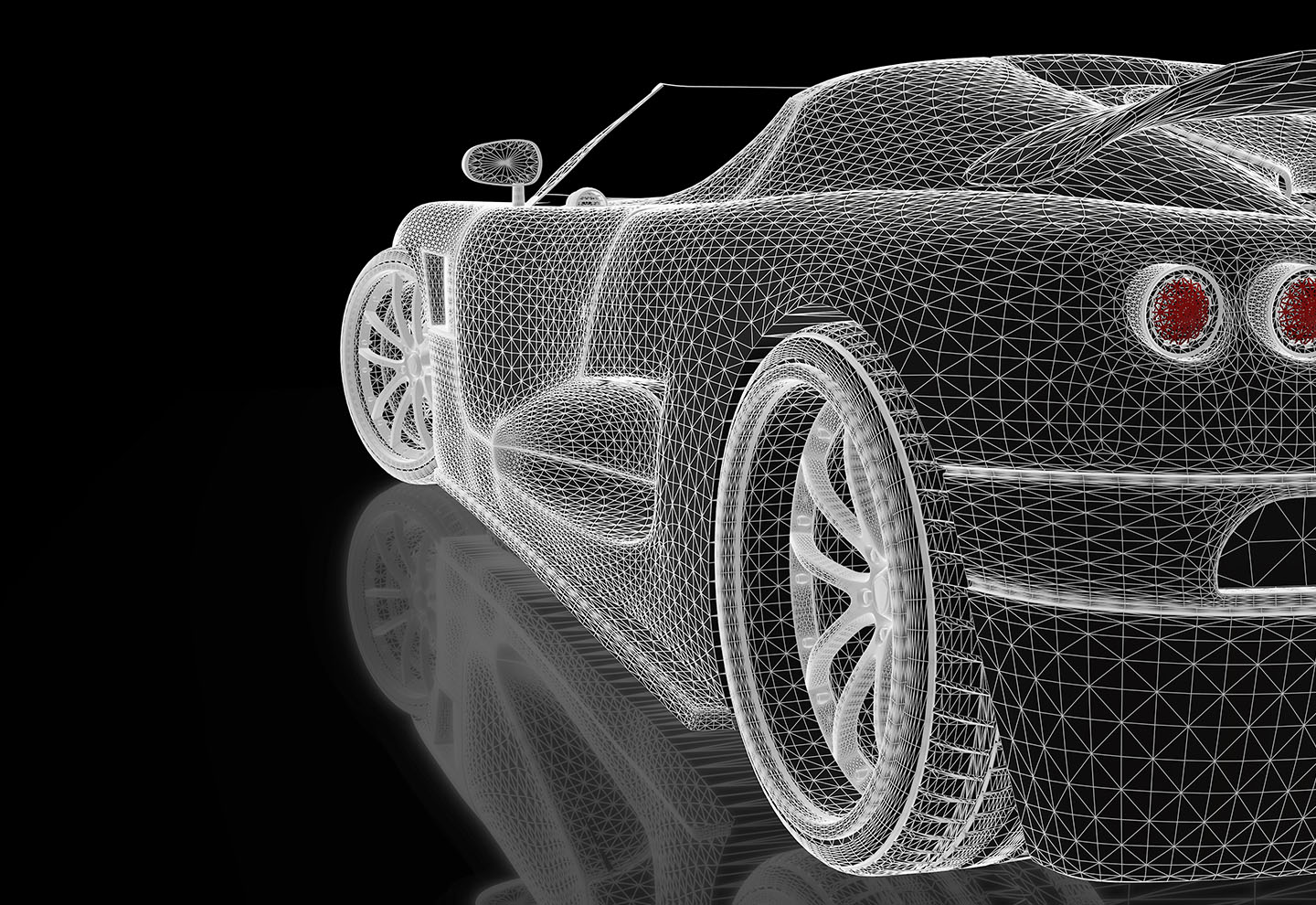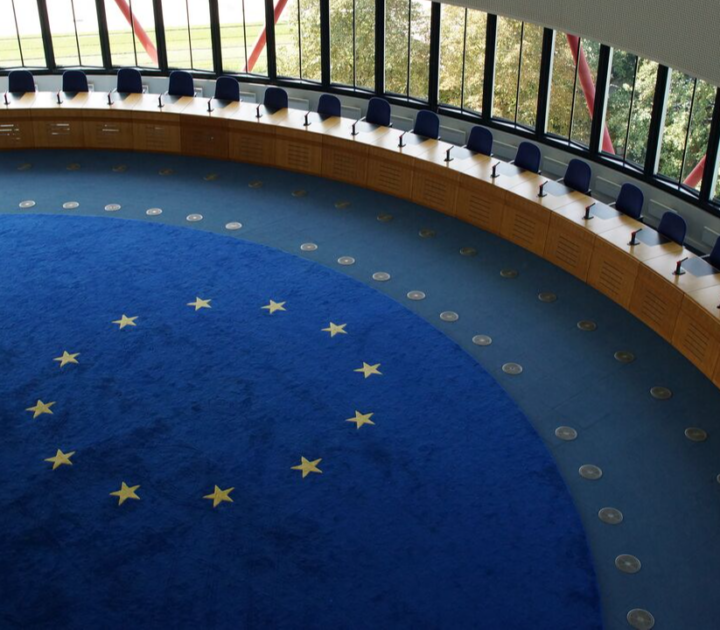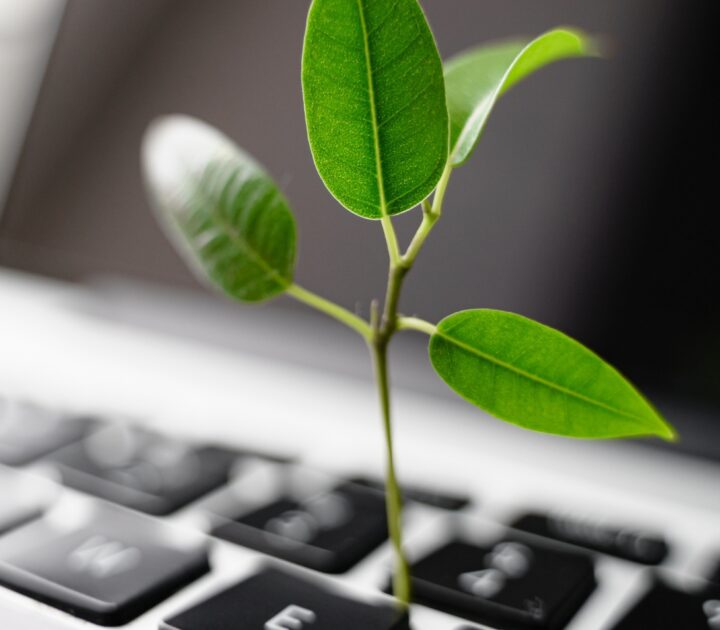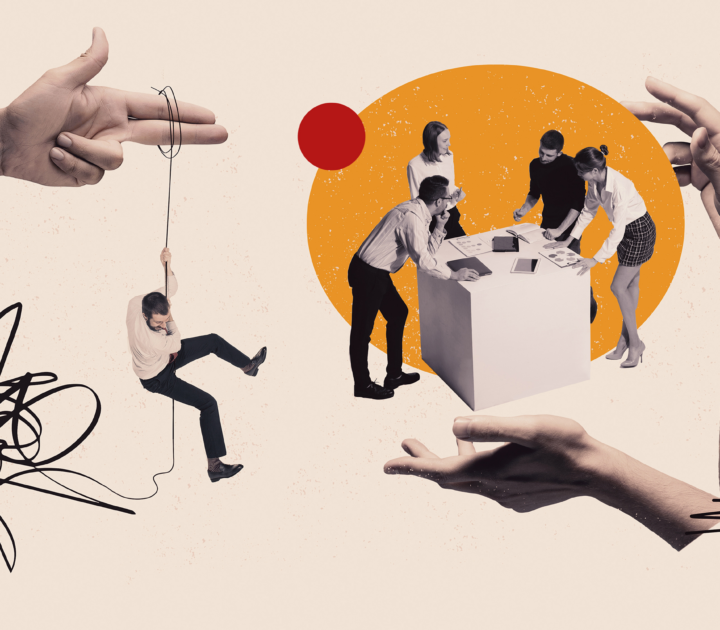
The new business models and tech that will make this an even better ‘roaring 20s’
Here are 5 major shifts we are going to see in our social fabric:
1) Co-producing the economy, as opposed to feeding into it
The manufacturing era created standardized products like cars. Today the major value creators are networks like Alibaba and Google, and platforms like Haier and Amazon.
We find ourselves in an ‘information age’; it is a new reality in which we are scaling networks and digital platforms and customising experiences and services.
We are also using artificial intelligence as our ally in solving critical societal challenges. We are no longer just consumers; we are co-producers in a new economy. This change opens the door to myriad new experiences and opportunities.
2) Global goes local: from the arts to education
With this pandemic, we are learning a new skill: how to be global from our living rooms.
This hard-earned learning is even going to help us build intimacy in the future; we will find new ways of connecting to the arts, to music and of creating new connections in more hybrid ways.
Envisage visiting the global theatre scene or being a student in a classroom that takes virtual trips around the world and tunes into exciting events worldwide. It will be the most normal of lesson plans to, for instance, go on a visit to a green palm oil plantation in Indonesia.
3) A sense of purpose akin to winning a war
Coming out of the pandemic, we have a newfound sense of purpose: we are firmer about tackling climate change and are addressing ‘towards zero’ carbon emissions in more specific ways.
More and more countries, industries and companies are committing to a path to zero. Take Microsoft’s much-publicized mission statement: “By 2030 Microsoft will be carbon negative, and by 2050 Microsoft will remove from the environment all the carbon the company has emitted either directly or by electrical consumption since it was founded in 1975.”
Meanwhile, we have become highly focused on the ongoing health challenge we have in COVID-19. The 1920s saw the emergence of penicillin and insulin; it’s likely that the 2020s will produce even greater advances in medicine, from virus treatments to winning the battle against antibiotic resistance.
4) Finally addressing the climate nightmare head on
Whereas the manufacturing era of the 1920s created the carbon economy, today’s information age will create the renewables economy.
Market forces are allocating more capital into ESG, and it is punishing those carbon companies that won’t change.
The transition is already underway. 2020 was the first year ever that the world invested more in developing renewables than exploring fossil fuels.
We are starting to see the new technologies that will save us appear on the scene: carbon capture, solar and wind energy generation, more efficient batteries and energy storage systems, and ocean biomass.
5) Digital driving sustainability and ESG
We are seeing a new period emerge in which sustainability and ESG matters are being dominated by digital and AI, and that is going to drive these matters forwards. AI-based energy efficiency is already emerging, and new infrastructures will make huge differences.
Sustainability is essential today because companies are starting to understand that if they don’t change, they will die. Investors now look into sustainability gaps: the difference between the resources consumed and those available. Taking risks in this area is becoming increasingly costly.
Customers increasingly care too, and sustainable companies are attracting and retaining talent more effectively. In short, sustainability is today about valuation and long-term business performance.
There’s reason to think this roaring 20s will end on much more of a high than last time around. At very least, we will be wiser. At best, we will be busy constructing a better society. Perhaps we can even pull off the so-called Great Reset.
One thing is certain: we have new tools, and are investing energies in learning to shape more collaborative and more transparent systems.
So maybe the roaring 2020s would be better described as the ‘whispering 20s’, as we replace the noisy roar of the petrol motor with the sound of silence of the electrical engine.
Research Information & Knowledge Hub for additional information on IMD publications

in I by IMD 10 April 2024

IMD World Competitiveness Center Report, 8 April 2024
in I by IMD 3 April 2024

![We are all activists [Video]](https://www.imd.org/ibyimd/wp-content/uploads/2024/03/IByIMD-BookClub-RELIVE-March28-IbyIMD-FeaturedImage-5x4-1250x1000-1-720x630.png)
Research Information & Knowledge Hub for additional information on IMD publications
Research Information & Knowledge Hub for additional information on IMD publications
Research Information & Knowledge Hub for additional information on IMD publications
Research Information & Knowledge Hub for additional information on IMD publications
Research Information & Knowledge Hub for additional information on IMD publications
Research Information & Knowledge Hub for additional information on IMD publications
in I by IMD 10 April 2024
Research Information & Knowledge Hub for additional information on IMD publications
IMD World Competitiveness Center Report, 8 April 2024
Research Information & Knowledge Hub for additional information on IMD publications
in I by IMD 3 April 2024
Research Information & Knowledge Hub for additional information on IMD publications
Research Information & Knowledge Hub for additional information on IMD publications